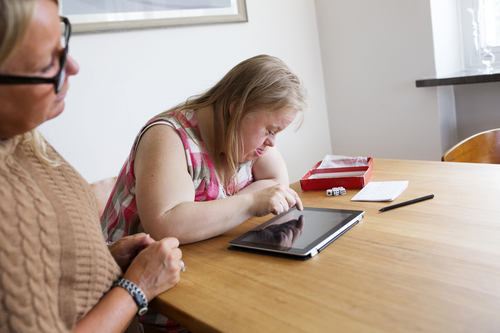In Australia, the National Disability Insurance Scheme (NDIS) plays a critical role in providing support to individuals with disabilities, particularly through Supported Independent Living (SIL) arrangements. For those with complex care needs, accessing and managing these services can be challenging. However, advancements in technology are transforming how SIL providers in Melbourne and across the country deliver and coordinate care.
The Role of Technology in Complex Care
Technology has become a game-changer in the NDIS SIL space, particularly for participants with complex care needs. Digital tools are streamlining the process of support coordination, making it easier for families and carers to manage the myriad of services required. From mobile apps to telehealth services, technology is providing new ways to enhance care, ensuring that participants receive the right support at the right time.
Support Coordination Made Easier
One of the key benefits of digital tools in complex care is the simplification of support coordination. Apps and online platforms allow support coordinators to track services, communicate with providers, and manage appointments more efficiently. For families, this means less stress and more time focusing on what truly matters—the well-being of their loved ones.
For SIL providers in Melbourne, these tools also offer the ability to collaborate more effectively with other service providers. This integrated approach ensures that all aspects of a participant’s care are aligned, leading to better outcomes.

Enhancing Participant Independence
Digital tools are not just for carers and providers; they also empower participants themselves. For those in SIL arrangements, technology can offer greater independence. Smart home devices, for instance, allow participants to control their environment, from adjusting the lighting to managing household tasks, all through voice commands or mobile apps. These innovations not only enhance quality of life but also reduce the need for constant supervision, making complex care more manageable.
Improved Communication and Telehealth
Communication is crucial in complex care, and technology is bridging the gap between participants, their families, and their care teams. Telehealth services, for example, enable participants to consult with healthcare professionals without the need to travel. This is especially beneficial for those with mobility challenges or those living in remote areas. Regular virtual check-ins can help prevent health issues from escalating, ensuring that participants receive timely care.
Moreover, digital communication tools allow for real-time updates between support coordinators and SIL providers. This ensures that any changes in a participant’s condition or care plan are quickly addressed, leading to more responsive and personalised care.

Data-Driven Care Planning
Another significant advantage of digital tools is the ability to collect and analyse data. By tracking health metrics, care routines, and service usage, support coordinators can create more tailored care plans. Data-driven insights help identify trends and potential issues before they become critical, allowing for proactive adjustments in care.
For SIL providers in Melbourne, this means delivering more effective and efficient services. By using data to inform decisions, providers can ensure that resources are allocated where they are most needed, improving overall care quality.
The Future of Complex Care in NDIS SIL
As technology continues to evolve, the possibilities for enhancing complex care services within the NDIS SIL framework are endless. From AI-driven care management systems to virtual reality therapies, the future holds exciting potential for improving the lives of those with complex needs.
In Melbourne and beyond, SIL providers who embrace these digital tools will be better positioned to meet the growing demands of the NDIS, providing higher quality, more personalised care to participants. As a result, participants and their families can look forward to a future where managing complex care is simpler, more efficient, and more effective.
In summary, technology is revolutionising complex care within NDIS SIL services, making it easier for support coordinators, SIL providers, and participants alike. As digital tools continue to advance, they will play an increasingly vital role in ensuring that those with complex needs receive the support they require to lead fulfilling lives.

